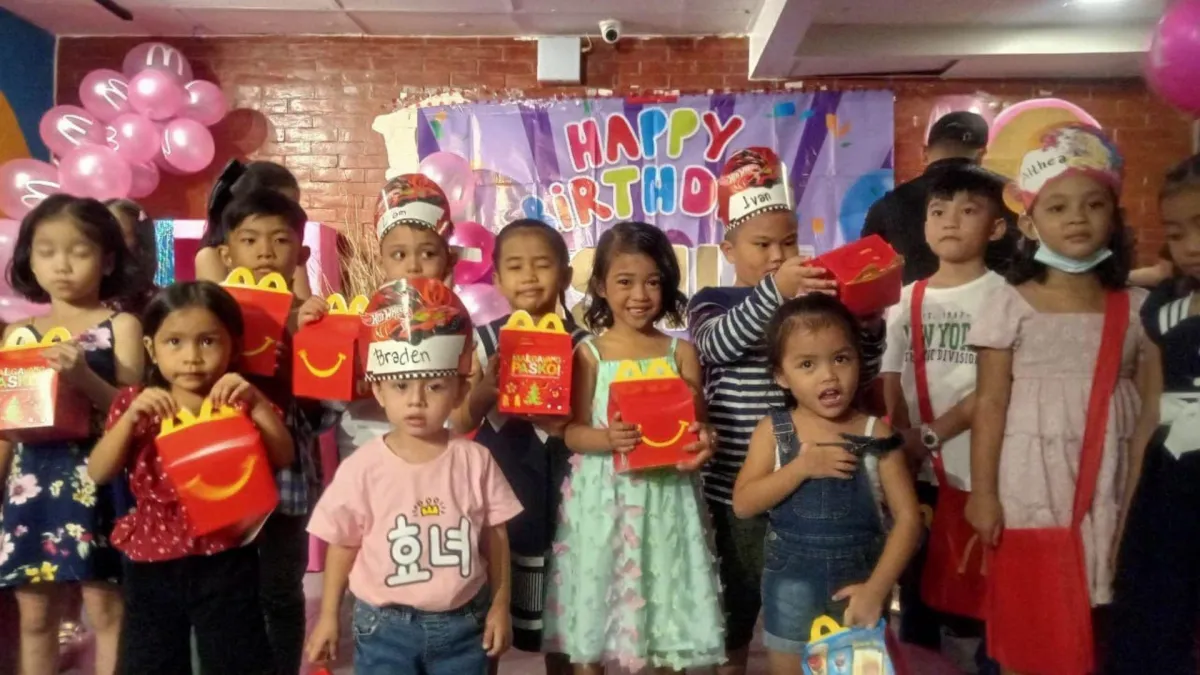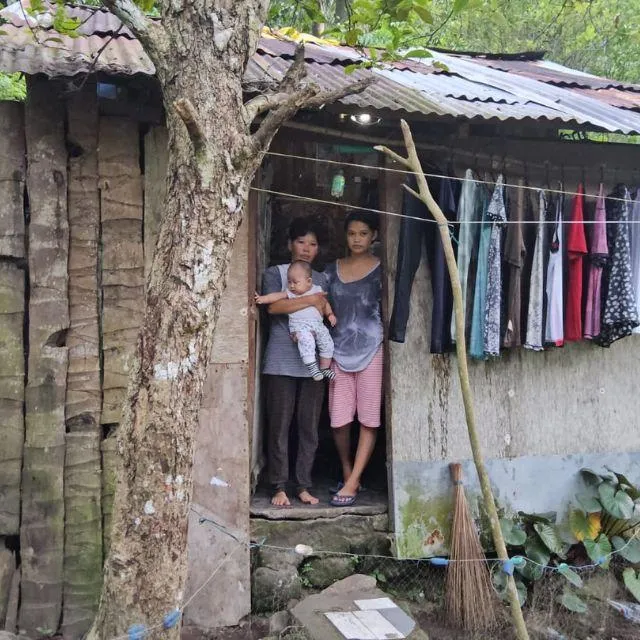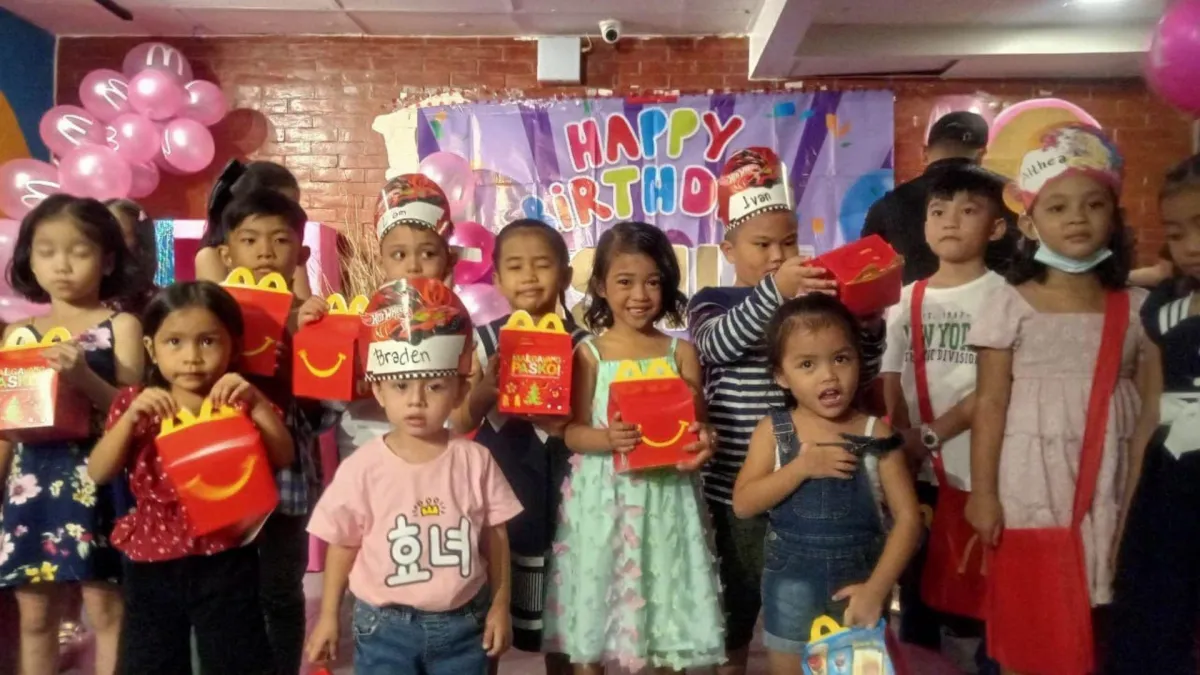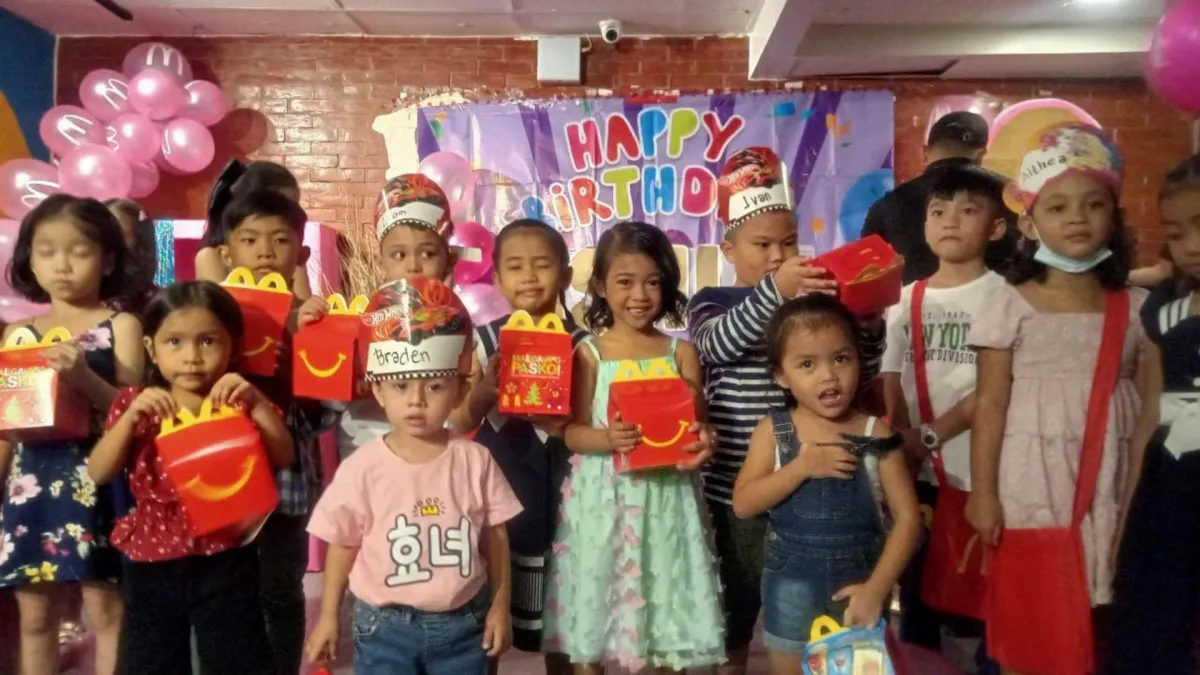
Child Empowerment Program
Building Resilience Through the Empowerment Program: How We Help Children Thrive Amidst Adversity
Introduction
At the Born to Be Wealthy Foundation, we understand that life’s challenges can be particularly difficult for children growing up in underserved communities. From poverty to emotional trauma, children often face obstacles that can hinder their development and future prospects. However, the ability to overcome adversity is not only about facing challenges head-on but also about developing resilience—the ability to bounce back, adapt, and thrive despite difficulties.
The Empowerment Program is designed to help children build this essential skill. Through mentorship, emotional support, and skills training, we teach children how to develop resilience and use it to overcome the challenges they face. Our goal is to ensure that every child has the tools to not only survive adversity but to thrive because of it.
What is Resilience and Why Is It Important?
Resilience is the capacity to recover quickly from difficulties and adapt to challenging circumstances. It is an essential trait for anyone facing adversity—especially children. Resilient children are better equipped to handle setbacks, stress, and hardship without letting these obstacles define their future.
Resilience doesn’t mean that children will never face challenges, but it means that they have the emotional strength and problem-solving skills to persevere and continue striving toward their goals. Building resilience in childhood helps children develop the mental and emotional tools they need to face life’s challenges, manage stress, and develop a positive outlook on their future.
The importance of resilience lies in its long-term benefits. Resilient children are more likely to:
Succeed academically, as they have the perseverance to overcome setbacks in their learning.
Build healthy relationships, as they learn to cope with social challenges and communicate effectively.
Develop a positive self-image, as they gain confidence in their ability to handle life’s challenges.
By fostering resilience, the Empowerment Program ensures that children not only cope with difficulties but also emerge stronger, more confident, and more capable.
Challenges Children Face and How Resilience Helps
Children, particularly those in underserved communities, often face a wide range of challenges that can negatively impact their development. Some of the most common challenges include:
Poverty: Lack of financial resources can limit a child’s access to basic needs, such as food, shelter, and education. It can also create stress and anxiety that affect emotional well-being.
Trauma and Abuse: Children who experience trauma or abuse often face emotional and psychological struggles that can affect their ability to learn, build relationships, and trust others.
Limited Opportunities: Children in underserved communities often lack access to extracurricular activities, quality education, and mentors who can provide guidance and support.
Social Stigma: Children from marginalized communities may face discrimination, bullying, or exclusion, which can affect their self-esteem and sense of belonging.
Resilience plays a key role in helping children overcome these challenges. By building resilience, children can:
Manage stress and emotional difficulties.
Maintain a positive outlook despite hardship.
Learn how to adapt to and overcome obstacles.
Develop a strong sense of self-worth, which helps them navigate social and academic challenges.
The Empowerment Program is designed to teach children the skills they need to develop resilience, enabling them to tackle challenges head-on and move forward with confidence.
How the Empowerment Program Builds Resilience
The Empowerment Program provides a comprehensive approach to building resilience in children. Here’s how the program works:
Mentorship: Every child in the program is paired with a mentor who provides emotional support, guidance, and encouragement. Mentors help children develop resilience by teaching them coping strategies, offering advice during difficult times, and helping them set achievable goals.
Skills Training: The program focuses on helping children develop essential life skills, such as problem-solving, conflict resolution, and time management. These skills are vital for building resilience, as they allow children to effectively manage stress and overcome obstacles.
Emotional Support: The program provides counseling and emotional support to help children process their experiences and develop healthy coping mechanisms. Children are encouraged to express their feelings, manage their emotions, and develop a growth mindset that allows them to view challenges as opportunities for growth.
Growth Mindset: Through workshops and activities, children learn the importance of having a growth mindset—the belief that abilities and intelligence can be developed with effort and persistence. This mindset encourages children to view failure as a learning experience rather than a setback.
Building Confidence: The Empowerment Program helps children build confidence in their abilities. By setting goals, achieving them, and receiving positive reinforcement, children learn to trust themselves and their capacity to overcome adversity.
Real-Life Stories of Resilience and Success
The Empowerment Program has helped many children build resilience and overcome adversity. Here are a few stories of success:
Jade’s Story: Jade, a 16-year-old girl, struggled with anxiety and depression due to the trauma she experienced in her early childhood. Through the program, she received emotional support and mentorship that helped her build resilience. Jade learned coping strategies and developed a sense of purpose. Today, Jade is a peer counselor, helping other young people cope with their challenges and build resilience.
Ethan’s Story: Ethan, a 14-year-old boy from a low-income family, often felt discouraged due to his academic struggles. With the help of his mentor, he developed a growth mindset and learned how to tackle challenges more effectively. Ethan’s grades improved, and he became a leader in his school’s community service program, demonstrating how resilience can lead to success.
These stories highlight the transformative power of resilience. Through the Empowerment Program, children not only overcome their challenges but also learn to thrive in the face of adversity.
The Role of Donors in Supporting Resilience-Building
The Empowerment Program relies on the support of donors to provide children with the resources they need to build resilience. Donations help fund mentorship programs, emotional support services, skills training, and workshops that equip children with the tools they need to overcome challenges.
Donors play a vital role in helping children develop resilience. By supporting the Empowerment Program, donors are investing in the future of children who will go on to become leaders, problem-solvers, and change-makers in their communities.
Ways donors can get involved:
Make a Financial Donation: Your contribution helps fund essential services and programs that build resilience.
Volunteer as a Mentor: Donors can also serve as mentors, providing children with guidance and emotional support.
Donate Resources: Donors can provide materials, educational resources, or other in-kind contributions to support the program.
The Broader Impact of Building Resilience
Building resilience in children has far-reaching effects. Resilient children are more likely to succeed in school, develop healthy relationships, and pursue their goals despite obstacles. As they grow, resilient children become leaders in their communities, breaking the cycle of poverty and creating a positive impact on future generations.
The ripple effect of resilience-building goes beyond the individual child—it strengthens families, communities, and society as a whole. By investing in resilience, we are investing in the future of our world.
Challenges and Future Goals
As we continue to expand the Empowerment Program, we face challenges such as reaching more children in underserved communities and providing the necessary resources to ensure the program’s sustainability. However, we are committed to overcoming these challenges and expanding our reach to help even more children build resilience.
In the future, we plan to enhance our resilience-building programs, offer additional mentorship opportunities, and increase the scope of our emotional support services. Our goal is to ensure that every child has the opportunity to build the resilience they need to thrive.
Conclusion
The Empowerment Program at the Born to Be Wealthy Foundation is helping children overcome adversity and build the resilience needed for lifelong success. By providing mentorship, emotional support, and skills training, we empower children to face challenges head-on and turn obstacles into opportunities for growth.
If you believe in the power of resilience and want to support the Empowerment Program, we invite you to get involved. Your donation, mentorship, or volunteerism can help children build the resilience they need to thrive and create brighter futures for themselves and their communities.















































































